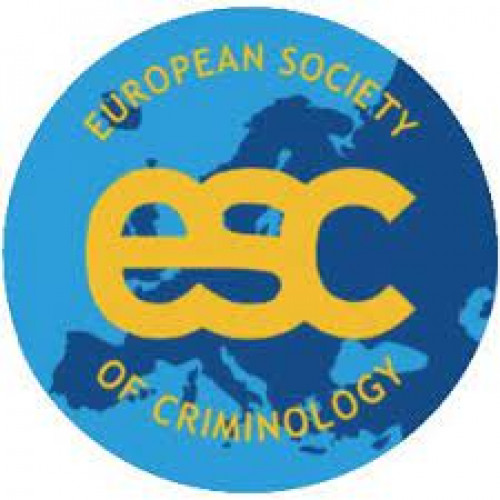Open Call for Associate Editors for the European Journal of Criminology
In recent years the European Journal of Criminology has seen a steep rise in submissions, which cover a wide range of topics relating to crime and criminal justice. To support an effective and efficient peer review process, Associate Editors (AEs) have become a key asset of our Editorial Team. We are currently seeking new AEs and are inviting applications. We hope to attract a wide range of applicants from early career to established scholars who want to be involved in shaping European criminology.
The role of an AE
AEs are integral to the peer review process. They play a vital role in shaping and supporting that process, following papers from submission through to final decision. An AE’s main responsibilities are to determine if the new submissions they are assigned are suitable for peer review and to recommend suitable reviewers; the Managing Editor then invites and follows up with reviewers (a detailed explanation of an AE’s responsibilities can be found here). AEs provide insights on assigned papers and their reviews and revisions, as needed to support the decision process. All of this is managed entirely through the online SAGE Track system (training is provided), with support from the Managing Editor. We aim to maintain a team of six AEs, each of whom can expect to handle one or two papers per month, though these will not always be evenly distributed across the year. Papers are assigned to AEs by area of expertise as much as possible, while balancing all the AEs’ separate workloads.
AEs also discuss review processes with the EiC, meeting as an Editorial Team to discuss matters relating to the journal (remotely; approximately every two to three months). Together with the EiC and the Managing Editor (along with support from SAGE), AEs help shape the peer review process, the publication experience, and the quality of the papers published in the journal.
Along with the experience of working with international scholars on the European Society of Criminology’s flagship journal, AEs are remunerated with access to SAGE publications and have their registration fees covered for the European Society of Criminology Annual Meeting. AEs gain experience with the publishing industry and the peer review process, are exposed to a wide range of international scholars and scholarship, and receive the satisfaction and professional recognition of contributing to a fundamental part of the dissemination of criminological knowledge.
Practicalities
We are looking to diversify our team, ensuring wide representation of different areas of expertise, regions of Europe, and levels of experience. We welcome any applications. Presently, areas of expertise we are particularly interested in are: policing, psychology, prisons, sexual offending, cybercrime, crime and place, transnational crime and terrorism, and social scientific methods (qualitative and/or quantitative).
Following an initial settling-in period, the role is for two years, though often extendable to four years depending on interest and availability. To apply, please send a CV and brief cover letter to the Managing Editor at ejc@crim.cam.ac.uk explaining your area of expertise and reasons for interest in joining the Editorial Team. You may also contact us if you have any questions regarding this call. Decisions will be taken based on suitability for the role and fit with the current Editorial Team; please indicate if you are happy for us to retain your details for consideration at a later date when additional positions become available.
Kyle Treiber. Editor-in-Chief
Beth Hardie, Managing Editor
